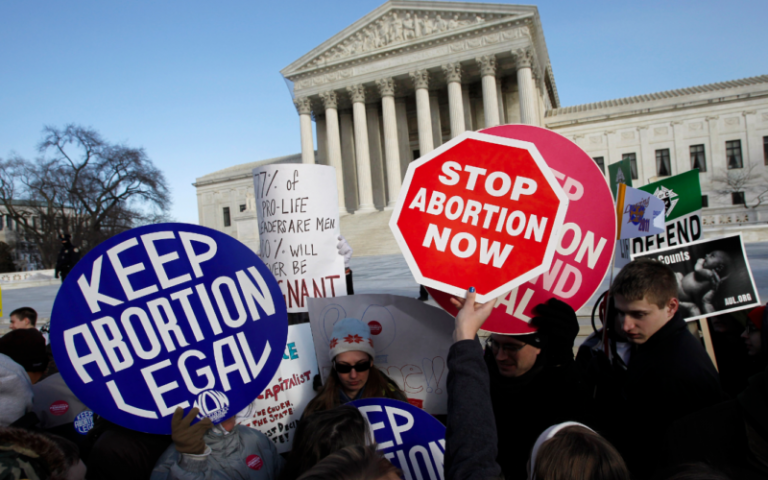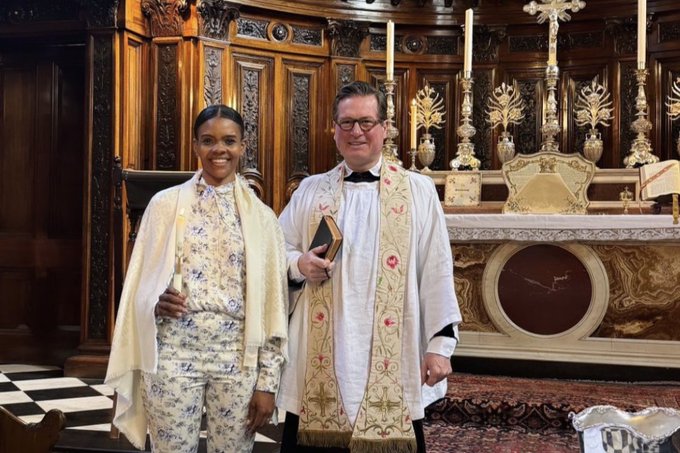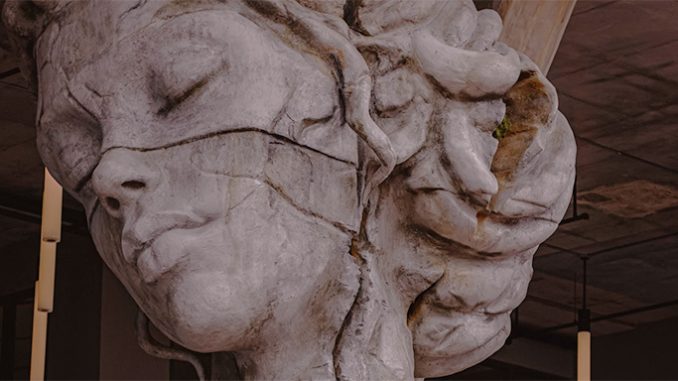In March 2016, Donald Trump said “there has to be some form of punishment” for women who procure an abortion. The pro-life movement couldn’t distance itself from his comments fast enough. March for Life released a statement calling Trump, then running for the presidency, “completely out of touch with the pro-life movement”. The statement continued: “Women who choose abortion often do so in desperation and then deeply regret such a decision. No pro-lifer would ever want to punish a woman who has chosen abortion.”
Trump’s campaign immediately went into damage-control mode. “The woman is a victim in this case as is the life in her womb,” he explained in a statement. The faux pas clearly didn’t derail his campaign, but it demonstrated how carefully crafted anti-abortion talking points usually are. It also suggested that pro-lifers might find a Trump administration politically difficult. However, since his election pro-life politicians seem to have a new confidence.
For instance, some Republicans are now attempting to outlaw abortion even when the mother’s life is at risk. Such a bill already has the support of 20 legislators in Ohio. Meanwhile, on March 19, the governor of Mississippi signed a law banning abortion after 15 weeks – the most restrictive in the country. Iowa is considering a bill that will limit abortions to six weeks: the measure has been dubbed the “heartbeat bill”, because it takes its cue from that milestone of human development.
Pro-life statesmen have undoubtedly been emboldened by the new administration, but not because they expect the more radical bills to pass. Even if the anti-abortion bills are struck down by the lower courts (as they usually are), there is a chance now that one will go to the Supreme Court. And since Trump appointed Justice Neil Gorsuch to the bench, there is a chance of a 5-4 victory.
With an ally on the bench, the reward could be even greater than tighter regulations in just one state. Republicans hope that, by bringing such a bill to court, they will be able to change federal abortion laws too. As Iowa state senator Rick Bertrand frankly told Reuters: “We created an opportunity to take a run at Roe v Wade – 100 per cent”.
Roe v Wade is the landmark 1973 Supreme Court decision which, in essence, established the constitutional right to an abortion. The majority opinion cited the 14th Amendment, which was passed in 1868 to guarantee the equality of freed slaves. It ensures that “no state shall make or enforce any law which shall abridge the privileges or immunities of citizens of the United States”. The 14th Amendment later became the foundation of a constitutional right to privacy, which is controversial in itself. But then the court extended this right to women who sought to terminate their pregnancy. “The right of personal privacy includes the abortion decision,” wrote Justice Harry Blackmun in the majority opinion.
Pro-lifers have never accepted this pretence and have worked persistently since the 1970s to overturn the decision. The first March for Life was held on January 22, 1974, exactly a year after the decision was passed down. It attracted 20,000 marchers; upwards of 100,000 attended in 2018. Promises to appoint pro-life justices to the Supreme Court have also been a mainstay of Republican presidential campaigns in the intervening years. Trump himself was outspokenly pro-choice until 2011, when he first entertained running as the GOP’s candidate for the White House. Despite his spotty record, however, Trump has arguably brought the movement closer to victory than any of his predecessors.
But the overturning of Roe would not only set the stage for more thorough abortion reform. The court’s four-decade-old ruling is regarded as one of the most divisive and incoherent pieces of jurisprudence in American history. Even Ruth Bader Ginsburg, the Supreme Court’s most progressive justice, has admitted that the decision was far too sweeping – and, in doing so, actually undermined the pro-choice movement. “The court had given the opponents a target to aim at relentlessly,” Ginsberg told a symposium in 2013.
There is little public support for overturning Roe – less than 30 per cent, according to a poll conducted by the Pew Research Center last year. But its repeal would only be a step towards making abortion illegal.
A few states have dormant abortion bans or restrictions that would return to their full effect, but most would have to pass new legislation – and only if state legislatures gave them approval.
As Catholics, we should hope this happens. The Church holds that abortion is wrong in all cases and that the law must defend innocent lives. These fundamental principles have been overlooked for 45 years: the Supreme Court’s overreach in 1973 has made the debate around abortion one of jurisprudence, not of the value of human life. But if the US were to recognise that the unborn need protection, legislators would not need to propose laws they have no intention of passing. Surely America’s juridical and democratic institutions could be put to better use.
http://catholicherald.co.uk/america/2018/05/12/analysis-are-pro-lifers-about-to-take-a-run-at-roe-v-wade/







